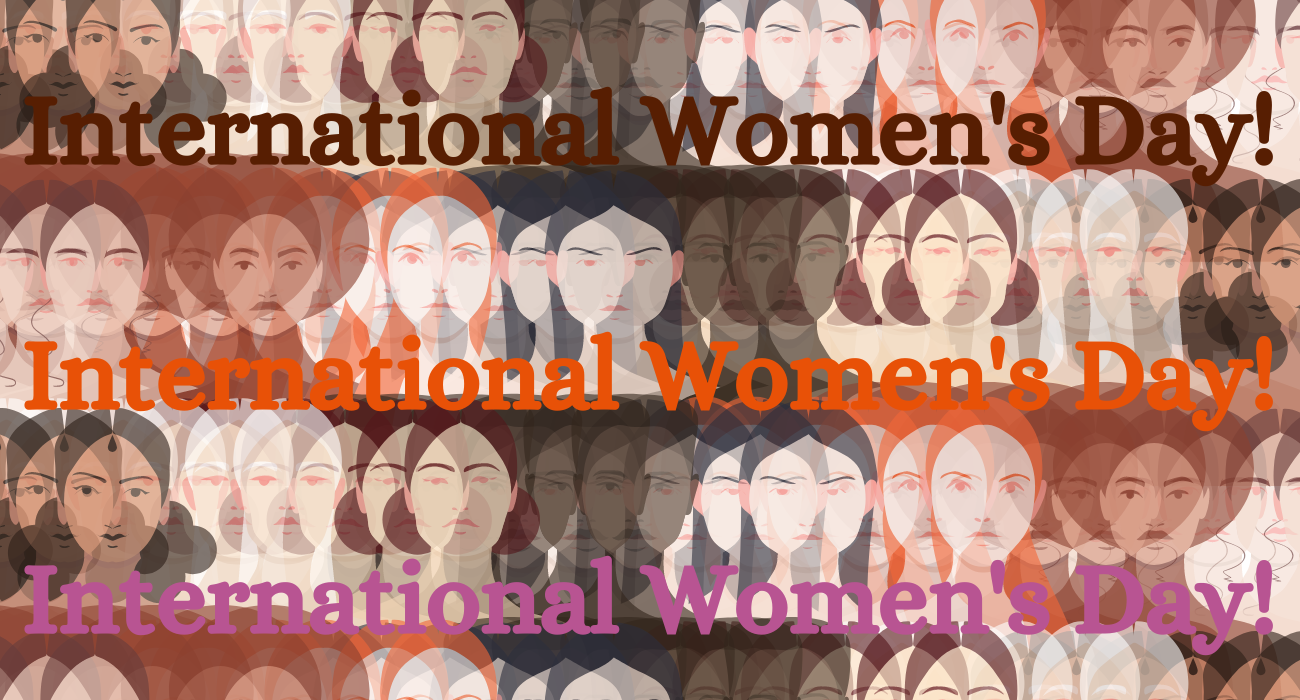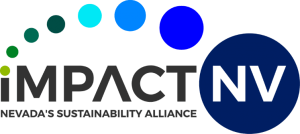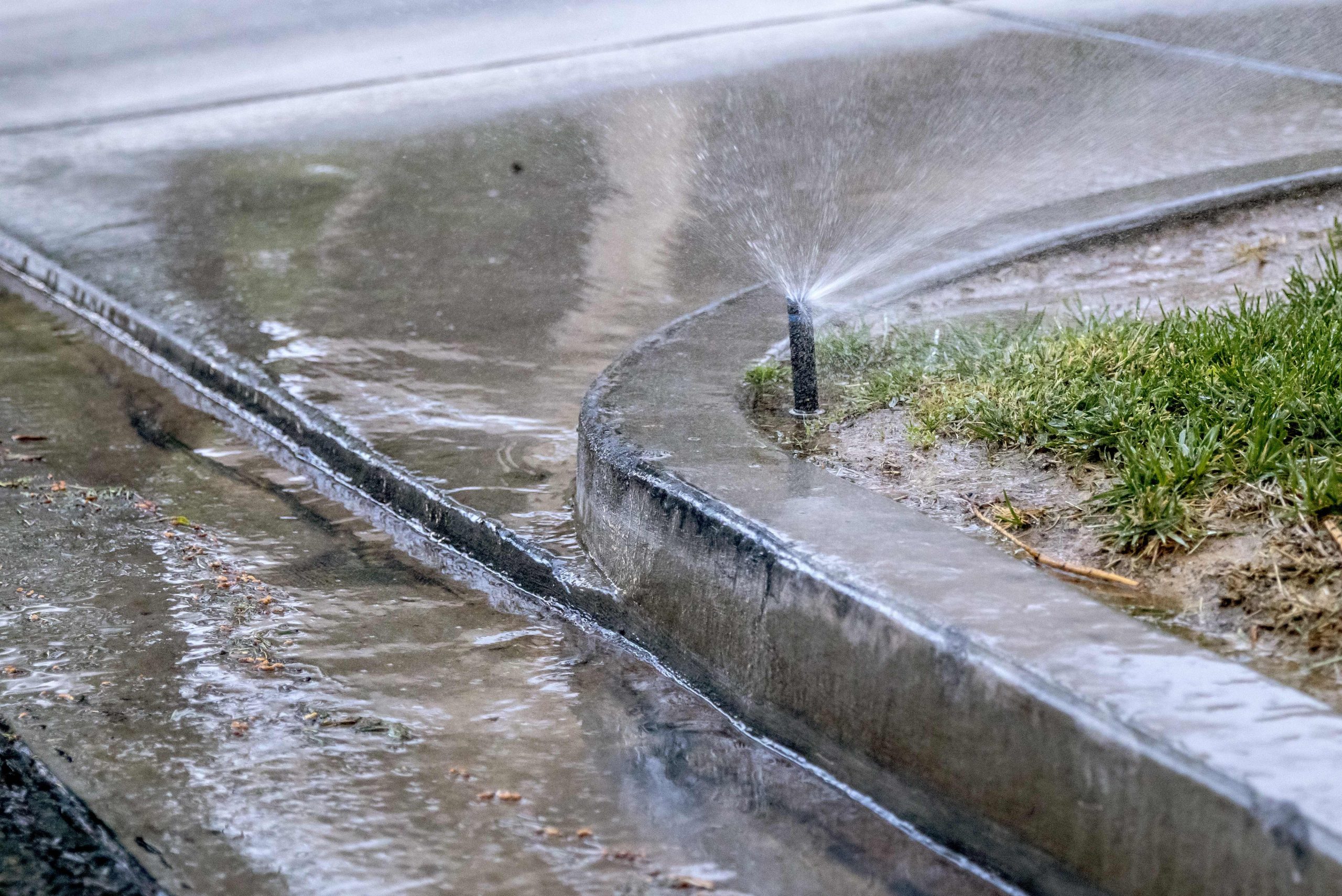
March is Women’s History Month and today is International Women’s Day! Therefore, we would be somewhat remiss if we did not address in some way the role that women’s voices, women’s empowerment, and women’s strive for equity plays in any sustainable community. To that end, we reached out to our awesome female board members and asked them to share their thoughts on the conjunction of women and sustainability. We purposely left the question as open-ended as possible because we know that our board members are diverse and so are their experiences. Here are their responses:
Sam Baker:
Sometimes it feels difficult just being a woman. We’re given mixed messages on a regular basis like: “be strong and thick-skinned, yet compassionate and empathetic.” “Be fierce, but gentle.” “Be clever, but not the smartest person in the room.” “Be feminine, but not too feminine.” It can be overwhelming, daunting, and, quite frankly, confusing. The good news is that there are spaces where women can truly thrive, and those unrealistic expectations have dissolved or, more often, set us up for success.
I have worked and studied in the environmental field for nearly 20 years. Throughout that time, there has been a noticeable shift from the discussion on strictly “environmental” to “sustainability” issues. The intersections between topics of economic, environmental, and social issues are now enthusiastically discussed. Environmental justice is now at the forefront of conversation, and there is countless research connecting women to being leaders in sustainability. In my opinion, working in the field of sustainability creates a safe space for us to thrive without judgement, as when we are fierce and strong, we work out issues with compassion and empathy for the environment, economy, and society. I think the most important piece is prioritizing mother nature and all it has to offer (you get the connection). So, I say to the world, keep on mixing messages to us. We women (and anyone who wants to join us) will continue to quietly, loudly, fiercely, gently, and compassionately lead the way to a more sustainable and resilient future.
Keely Brooks:
Women make up fifty-eight percent of large companies’ sustainability executives. That’s not surprising. In my career, when there’s a call for volunteers for community or sustainability-focused events, four out of five hands raised belong to women. For me, it’s always felt essential to be a problem-solver for our community regarding sustainability. My women colleagues have expressed the same sentiment. Maybe it’s just not a top priority for men; whatever the case, women in Nevada have a massive opportunity.
Now’s the time for us to step into leadership roles and set Nevada’s trajectory to grow our green economy, improve our social safety net, and ensure our limited natural resources are sustainable. I encourage women at every career-stage, to seize the opportunity to be a green leader.
Suzanne Groneman:
About ten years ago I attended a solar energy conference in Denver. I remember looking around the room and realizing I was one of the only women there. I could count us all on one hand. Fast forward to today and I see woman engineers, government representatives, and managers dominating the energy and sustainability fields. I believe this is in part attributed to advancements in sustainability-related workforce development and education, as well as the realization “gender x or y related jobs” are a thing of the past.
Women and minorities are also more susceptible to the effects of climate change – with less access to resources in the event of a disaster so it makes sense that we would be at the forefront of change.
Women will continue to play a vital role in policy development, education, design, process improvement, and implementation of clean jobs, green programs, and new products and advancement of technologies.
Kim Harvey:
Much of the work we do at ImpactNV and through the Nevada Policy Council on HumanTrafficking does not have readily visible results. While we are committed to social, economic, and environmental sustainability in Nevada, unlike other non-profits, we do not provide direct services. Though we know our efforts touch the lives of everyone in our state, rarely do we get to put a face to the outcome of this work.
Our work in environmental sustainability – for example, our 100,000 Statewide Tree Plan and our Buen Aire Para Todos project – is the most observable of our efforts. The trees we are planting around the valley are real, tangible things. And the Buen Aire Para Todos project, which will soon begin to measure air quality in parts of East Las Vegas, will utilize physical devices and the efforts of community members to collect data as we strive to mitigate heat islands and combat air pollution in the Las Vegas region.
Social sustainability, however, is something that, while certainly measurable via data and metrics, is not something that can be readily observed, particularly when the issue is human trafficking. Unfortunately, many of the victims of this insidious crime, most of whom are women and girls, go unnoticed and unaided.
On this March 8, International Women’s Day, it is important that we remember that improving the lives of vulnerable women and girls in our community who are victims of human trafficking, domestic violence, and sexual assault is why we do the social sustainability work we do. Equally important is to educate residents of our state that this is a local problem involving local girls and women, many of whom are involved in the foster care system.
As a co-chair of the Nevada Policy Council on Human Trafficking, I am confident that the policy changes we advocate for will not only reduce demand for the purchasing of illegal sex in our state but will also help to better services and outcomes for victims and survivors of human trafficking. Though I will never meet or speak to most of the victims, nor would I be able to recognize them if I passed them on the street, I am motivated to continue this work regardless.
We, as a council, are proud to have supported seven human trafficking bills in the 2021 legislative session that were signed into law by former Governor Sisolak. This session, we are building on that success to strengthen our laws further and stand up for the women and girls of Nevada.
Lora Picini:
Having worked in the area of gender equality and advancement in my last two corporate positions, I realize that while we are making a lot of progress and creating great examples for future women in the area of leadership, there is more to be done when it comes to the basic rights of women and girls.
For example, while some women and girls have great support networks and families that guide them in the right direction, others do not. If we truly want to support gender equality and the rights of all women and girls, we must also understand and address the criminal and inequitable behavior that has forced many women and girls into lives they don’t want to lead.
When I think of one of the topics that is closest to my heart, which is the fight against sex trafficking of individuals (both children and adults), I am struck by the inequitable power between the trafficker and the trafficking victim. There are concrete steps that can be taken to address this issue and crime, and I’m proud that here in the State of Nevada, the Nevada Policy Council on Human Trafficking, and other key organizations, charities and businesses are taking action. Whether it’s through basic education of our community, building awareness, educating employees, or advancing legislation to punish traffickers or buyers, or through advocating for funding of safe places to house victims who are recovering, there is progress being made, but still so much to be done.
In my opinion, protecting the rights of all women and girls against sex trafficking should be a key social sustainability goal in all communities.



